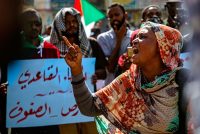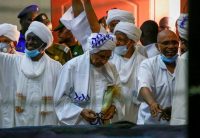
How the world can prosecute Putin for going to war
Russian President Vladimir Putin bears responsibility for many international crimes committed by his forces in Ukraine. But one of these crimes preceded all the others: the crime of aggression. Aggression is the resort to war in violation of the United Nations Charter. And it is a crime that can be committed only by those with immense power.
On Wednesday, the International Court of Justice, acting with unprecedented speed, ordered Russia to suspend its military operations in Ukraine. That judgement adds great weight to the accusation that Putin’s resort to war has violated the foundations of the global legal order.
We have published a model criminal indictment charging Putin with the crime of aggression, using one of the narrowest definitions of the crime under international law.… Seguir leyendo »


